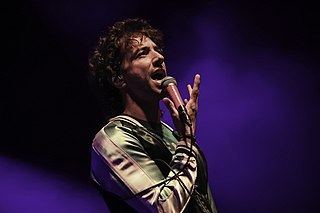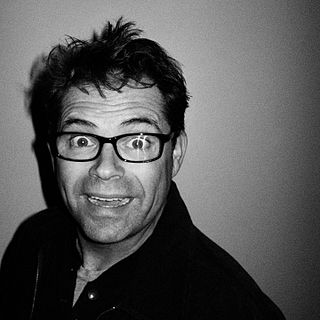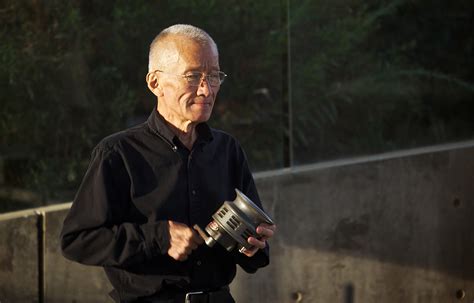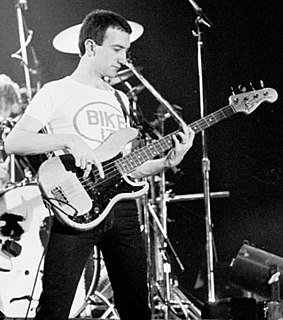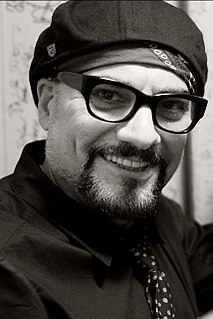A Quote by Albert Hammond, Jr.
Guided By Voices was huge when I was 16. Then I got into the Beatles, then classical music, Beethoven.
Related Quotes
It just annoyed me that people got so into the Beatles. "Beatles, Beatles, Beatles." It's not that I don't like talking about them. I've never stopped talking about them. It's "Beatles this, Beatles that, Beatles, Beatles, Beatles, Beatles." Then in the end, it's like "Oh, sod off with the Beatles," you know?
I got into one of the Scottish classical styles called piobaireachd, which is a very old music that started around the 1700s or something. I really got into this music. After that, I started to compose bagpipe music in my notations. Then I started building bagpipes by myself, and then I started to perform with the instrument myself in the 1980s.
Oh, stuff the critics. I don't care. Too many people are snooty about classical. Look, I wasn't brought up in a home where we listened to classical music. It was a singing teacher that thought it would be best for my voice. Then I moved into crossover. And if that makes the music accessible to more people, then great.
Salieri was a pupil of Gluck. He was born in Italy in 1750 and died in Vienna in 1825. He left Italy when he was 16 and spent most of his life in Vienna. He's the key composer between classic music and romantic music. Beethoven was the beginning of romantic music, and he was the teacher of Beethoven and Schubert.
The Beatles have a deeper appreciation of all music. There's a humor, there's a Broadway sense, and later on, the Indian stuff came in. The Beatles were always taking in stuff and filtering stuff out to us. There's such a classical sense of arrangement, and their harmonies-what the Beatles did vocally is amazing.
The white music was melodic and pretty, and you had beautiful women's voices like Gogi Grant and even the Andrews Sisters. Then I went directly to rhythm and blues, which had beautiful voices but not much melody in particular and pretty much the same chord pattern. I loved it, I was entrenched in it, but then folk music came in the middle of that for me, and made its own path. And it was part of the rebellion against bubblegum music, or music that is pretty but doesn't say anything.
